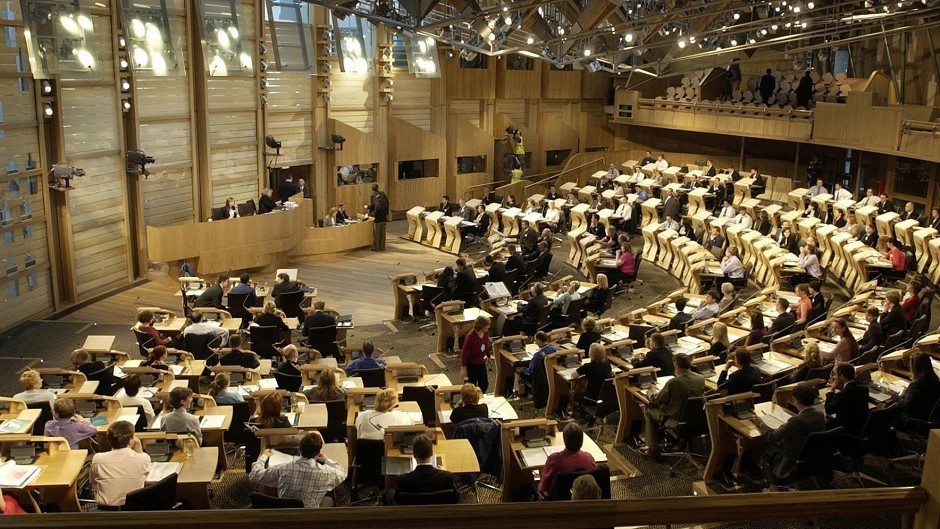The biggest transfer of powers from Westminster to Holyrood since the establishment of the Scottish Parliament has been recommended by the Smith Commission on further devolution.
The five main political parties in Scotland hammered out a deal in response to the “vow” for extensive new powers made by David Cameron, David Clegg and Ed Miliband in the final days of the referendum campaign.
But within minutes of the details being revealed the SNP – and Greens – claimed it fell “far short” of the rhetoric of the No campaign and what the Scottish public expected.
Lord Smith said while nothing was certain in politics he would be surprised if the package was not delivered in full.
“Taken together, these new powers will deliver a stronger parliament, a more accountable parliament and a more autonomous parliament,” he said.
“The recommendations, agreed between the parties, will result in the biggest transfer of powers to the parliament since its establishment.”
The commission recommended that the Scottish Parliament be given powers to set all income tax rates and bands and retain all income tax raised north of the border (£10.5billion to £10.9billion).
One independent economic expert warned that if a higher rate of income tax was introduced it could lead to an increase in avoidance, a labour drain to other parts of the UK and a skills shortage.
Holyrood will control the first 10% of revenue raised by VAT (£4.7billion) and air passenger duty (APD) charged on people flying from Scottish airports will be fully devolved.
The SNP plan to halve APD – worth £234million – with a view to scrapping it entirely.
It is suggested that control of £2.5billion in welfare benefits come north including attendance, carer’s and disability living allowances and the personal independence payment which will replace, it along with cold weather and winter fuel payments.
The Scottish Government would be given powers to create new benefits in devolved areas and make discretionary payments in any welfare area.
The Scottish Parliament will be made permanent in UK legislation and given powers over how it is elected and run, including the power to allow 16 and 17-year-olds to vote.
The commission recommended that the management of the Crown Estate’s economic assets in Scotland and the revenue generated by these should be transferred to Holyrood.
Following transfer, the responsibility should then be given to local authority areas such as Orkney, Shetland and the Western Isles.
The government and unionist parties insisted the package would give Holyrood control over 60% or more of its funding.
The Scottish Government claimed it was 48%. It based its argument on figures that included financial areas over which it has no control such as pensions and the Scottish Parliament budget.
The recommendations will have to be approved by Westminster. Lord Smith said the prime minister told him yesterday morning he would “deliver in full”.
Legislative proposals are expected by the end of January but it could be three to four years before any of the new powers come into effect.
